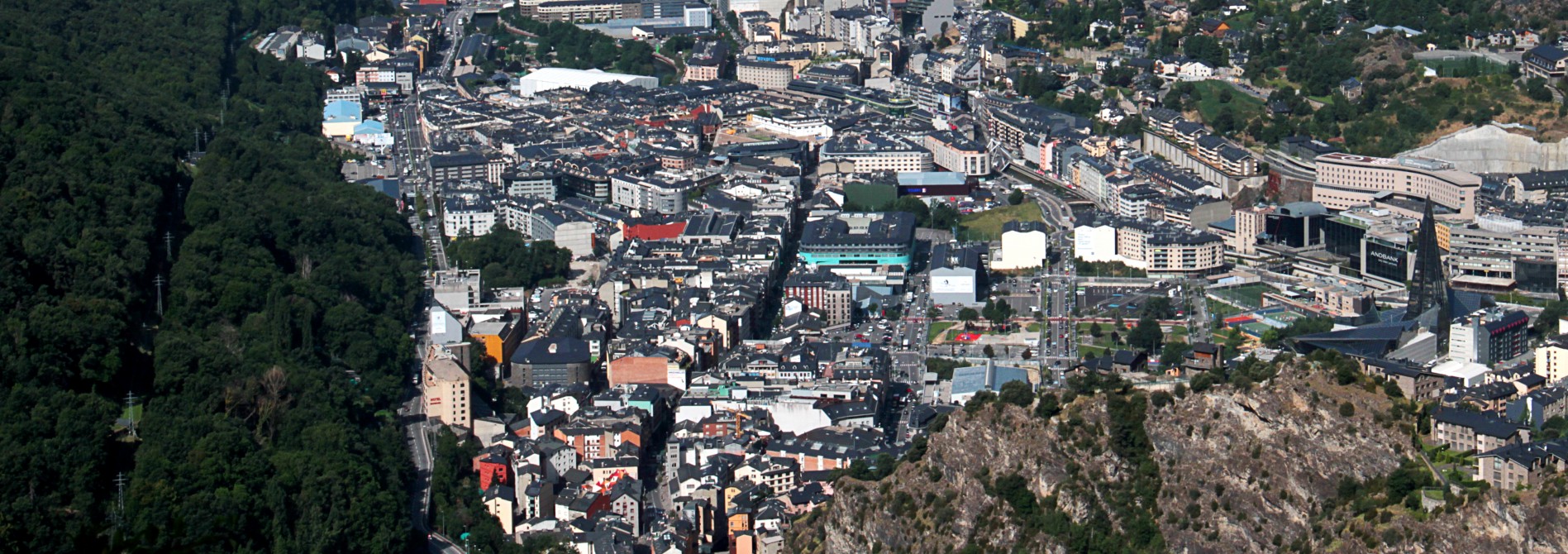The Council of Ministers approved the call for proposals for the 2018’s Renova programme, for the promotion of energy efficiency in buildings and the use of renewable energies. In this edition, the Government wants to promote global actions in buildings and reforms that have the greatest impact on energy efficiency and the reduction of consumption.
This year’s edition has a budget of 1.5 million euros and 150.000 euros more for installation of photovoltaic panels, both amounts being direct subsidies. In addition, 13.87 million euros will be available to guarantee loans under the programme.
The Energy and Climate Change Bureau analysed all the subsidies since the programme’s creation, noting most of the actions are carried out in individual 30 year old homes, consisting of changing windows. Consequently, many modifications to the programme have been approved, to reduce consumption and to have a greater impact on buildings’ energy efficiency.
On the one hand, the Renova + programme has been created, to improve the overall performance of building in order to obtain energy A or B certifications. Renova + will promote actions that have an impact on entire buildings, thereby increasing subsidy ceilings that can be granted to actions improving energy certifications. If an A rating is reached, the subsidy ceiling is increased to 125.000 euros, with a subsidy rate of 30%, and when a B rating is reached, the ceiling will be 100.000 euros, with a rate of 25%.
As for the classic Renova programme, energy efficiency improvement actions are differentiated into two categories to encourage the actions with the greatest impact. Thus, improvements to façades and roofs can be subsidised between 14 and 18% depending on the level of improvement, while actions on windows will be limited to between 5 and 14%.
On the other hand, the new Renova fv is presented, and provides a new approach to aiding photovoltaic, as the Law to promote the energy transition and climate change provides for self-consumption. Thus, instead of subsidising the sales of photovoltaic energy injected into the grid, photovoltaic energy will be promoted with a direct aid to the installation of 40% with a ceiling up to 20.000 euros. It is about to ease the barriers with regards to initial investment required.
The head of the Energy and Climate Change Bureau, Carles Miquel, presented the new call for proposals and reported on the very positive Renova Programme results since its creation. Thus, he stressed the analysis of the 737 applications for aid received, compared to the 1079 applications closed in 2017, achieved national energy savings of 11.8 GWh / year, which is equivalent to 2% of domestic thermal demand. In addition, the country’s unabsorbed emissions have been reduced by 1% and the equivalent of 1.184.000 litres of diesel fuel per year has been saved.
The 2018 call for proposals is open until 30 November or until the amount is exhausted.
This year’s edition has a budget of 1.5 million euros and 150.000 euros more for installation of photovoltaic panels, both amounts being direct subsidies. In addition, 13.87 million euros will be available to guarantee loans under the programme.
The Energy and Climate Change Bureau analysed all the subsidies since the programme’s creation, noting most of the actions are carried out in individual 30 year old homes, consisting of changing windows. Consequently, many modifications to the programme have been approved, to reduce consumption and to have a greater impact on buildings’ energy efficiency.
On the one hand, the Renova + programme has been created, to improve the overall performance of building in order to obtain energy A or B certifications. Renova + will promote actions that have an impact on entire buildings, thereby increasing subsidy ceilings that can be granted to actions improving energy certifications. If an A rating is reached, the subsidy ceiling is increased to 125.000 euros, with a subsidy rate of 30%, and when a B rating is reached, the ceiling will be 100.000 euros, with a rate of 25%.
As for the classic Renova programme, energy efficiency improvement actions are differentiated into two categories to encourage the actions with the greatest impact. Thus, improvements to façades and roofs can be subsidised between 14 and 18% depending on the level of improvement, while actions on windows will be limited to between 5 and 14%.
On the other hand, the new Renova fv is presented, and provides a new approach to aiding photovoltaic, as the Law to promote the energy transition and climate change provides for self-consumption. Thus, instead of subsidising the sales of photovoltaic energy injected into the grid, photovoltaic energy will be promoted with a direct aid to the installation of 40% with a ceiling up to 20.000 euros. It is about to ease the barriers with regards to initial investment required.
The head of the Energy and Climate Change Bureau, Carles Miquel, presented the new call for proposals and reported on the very positive Renova Programme results since its creation. Thus, he stressed the analysis of the 737 applications for aid received, compared to the 1079 applications closed in 2017, achieved national energy savings of 11.8 GWh / year, which is equivalent to 2% of domestic thermal demand. In addition, the country’s unabsorbed emissions have been reduced by 1% and the equivalent of 1.184.000 litres of diesel fuel per year has been saved.
The 2018 call for proposals is open until 30 November or until the amount is exhausted.

